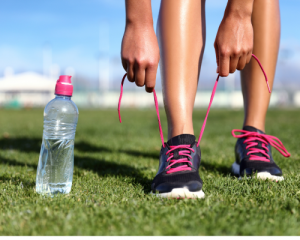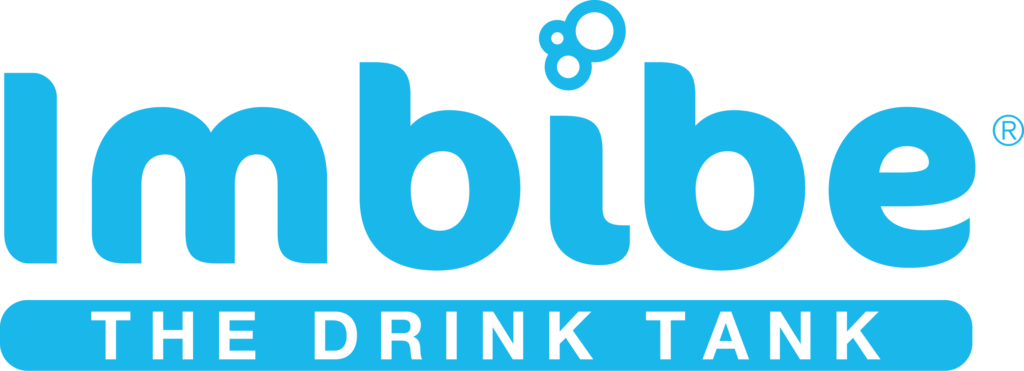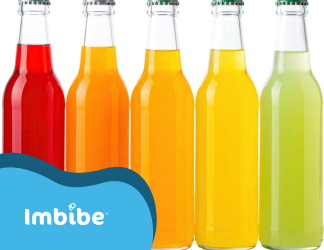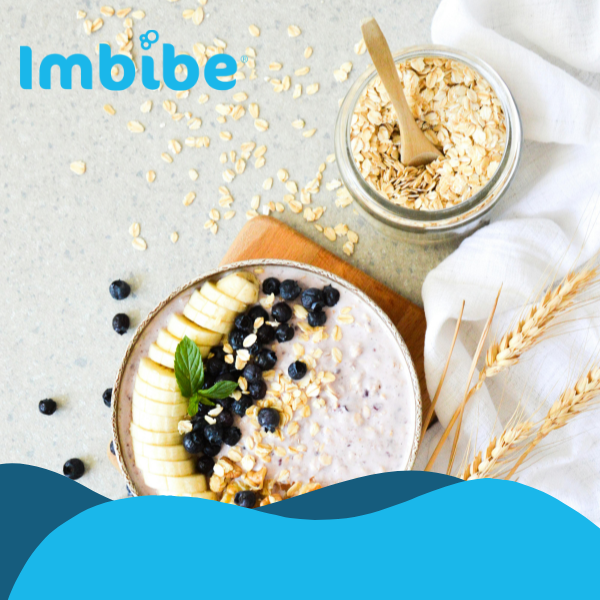 Hydration drinks are exhibiting moderate growth, with data from Innova Market Insights (The Netherlands) showing an annual growth rate of 6% over the last five years. Consumers are increasingly looking for natural, low-sugar hydration beverages with added health benefits like energy-boosting or mood-supporting properties. Here are some of the major trends impacting modern hydration beverages.
Hydration drinks are exhibiting moderate growth, with data from Innova Market Insights (The Netherlands) showing an annual growth rate of 6% over the last five years. Consumers are increasingly looking for natural, low-sugar hydration beverages with added health benefits like energy-boosting or mood-supporting properties. Here are some of the major trends impacting modern hydration beverages.
Low-Sugar Is the Name of the Game
For most of the hydration market’s history, hydration beverages consisted of sports drinks offering carbohydrate and electrolyte formulations for athletes. Rachel Kreider, MPH, RD, vice president of product innovation and science for GNC (Pittsburgh, PA), says that as a registered dietician, she’s noticed that hydration beverages have been moving away from added sugars as consumers grow knowledgeable about the risks of a high-sugar diet.
“While moderate amounts of added sugar can be beneficial in helping to optimize athletic performance, many hydration products today are seeking to minimize the amount of added sugar used,” Kreider says. “Natural fruit concentrates and sugar-free sweeteners are rising as sugar alternatives in low-calorie hydration products.”
Hydration isn’t just for elite athletes anymore, either. It’s essential for everyone’s daily wellness. As such, hydration beverages are evolving to cater to the needs of everyday consumers instead of just athletes. GNCx Innovations recently launched its Amplified Hydration product, a hydration stick pack formulated with electrolytes, probiotics for gut health, and performance recovery–supporting Boswellia serrata extract to help reduce muscle soreness.
To read the full article, visit Nutritional Outlook.



